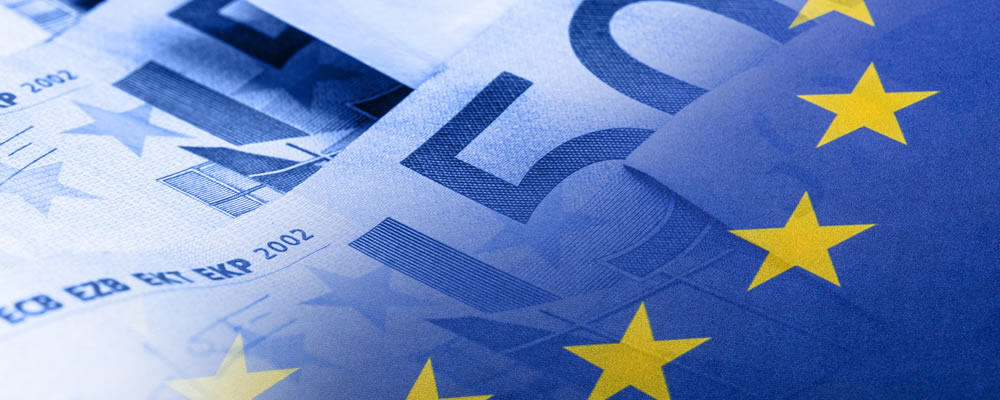The Euro has capitalised on a weakened New Zealand Dollar today, rising by 0.7% in the pairing. Domestic data has included a forecast-beating confidence estimate and a speech from the European Central Bank’s (ECB) President.
- EUR NZD rate rises to 1.6290 – NZD EUR rate slips to 0.6136
- Euro accelerates on confidence stats – ECB’s Draghi sticks to cautious script
- New Zealand Dollar declines on election worries – Fed rate hike odds keep NZD demand down
- Euro could limit advance on PMI slowdown – NZ election may remain NZD-damaging factor
On Wednesday, the Euro fell back against the New Zealand Dollar from an opening rate of 1.6384 to close in the area of 1.6167.
Euro Advances on Improving Confidence Estimate
The Euro has been supported against the New Zealand Dollar today thanks to a better-than-expected result for a consumer confidence flash. Measuring sentiment in September, the Eurozone-wide figure moved towards a positive range instead of printing negatively as forecast.
Elsewhere, European Central Bank (ECB) President Mario Draghi gave a speech that caught the attention of more than a few economists.
In one of his non-ECB appearances, Draghi said;
‘Financial and business cycles can potentially become de-synchronised, meaning that financial imbalances can grow in an environment characterised by relatively muted inflation.
In such an environment, the use of monetary policy is not the right instrument to address financial imbalances, and may lead to substantial deviations of aggregate output and inflation from their desirable levels.
This is particularly so in a currency union where monetary policy affects the entire region, but financial imbalances may be local in nature’.
Draghi ultimately disappointed traders by ending with a timeworn, cautious statement;
‘Work remains to be done. Authorities need to watch out for blind spots, where risks can build up unnoticed, and use the tools at their disposal. And legislators need to be mindful that authorities require a broad range of tools to be able to tackle risks beyond the banking sector’.
A major announcement from Draghi is still on for October, but until then the ECB policymaker has done his best to keep traders guessing about the next key policy decision.
New Zealand Dollar Slides as General Election Looms
The impending NZ general election has been a source of NZD trader uncertainty today, resulting in the currency dropping by -0.6% against the Euro.
With polls suggesting a close race to the finish for the National and Labour parties, the worry is that the long-standing National government could be beaten in the vote.
Although Labour’s policies could bring the country into an economic renaissance, they are nonetheless a change to the status quo and are considered a destabilising factor.
Other factors weakening the NZD today have been announcements from the US Federal Reserve.
The US central bank has recently indicated that there could be a third interest rate hike in 2017, which may lead to the US Dollar rising sharply.
A stronger US Dollar conversely weakens riskier currencies like the New Zealand Dollar and Australian Dollar, so the prospect of a third rate hike has only concerned NZD traders.
EUR NZD Rate could Firm Pre-Election
There will be significant Eurozone ecostats out on Friday, but the Euro could naturally appreciate against the New Zealand Dollar due to election-related weakness.
The Eurozone news to watch out for will cover overall and German PMI estimates for September.
These measures of economic activity are predicted to show slowdowns in most fields, but nowhere near the level that traders should feel concerned.
If these measures instead rise against forecasts, the Euro could make major gains against the New Zealand Dollar before the weekend.
Current Interbank EUR NZD Exchange Rates
At the time of writing, the Euro to New Zealand Dollar (EUR NZD) exchange rate was trading at 1.6290 and the New Zealand Dollar to Euro (NZD EUR) exchange rate was trading at 0.6136.



